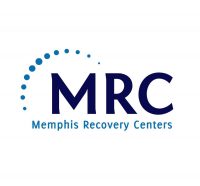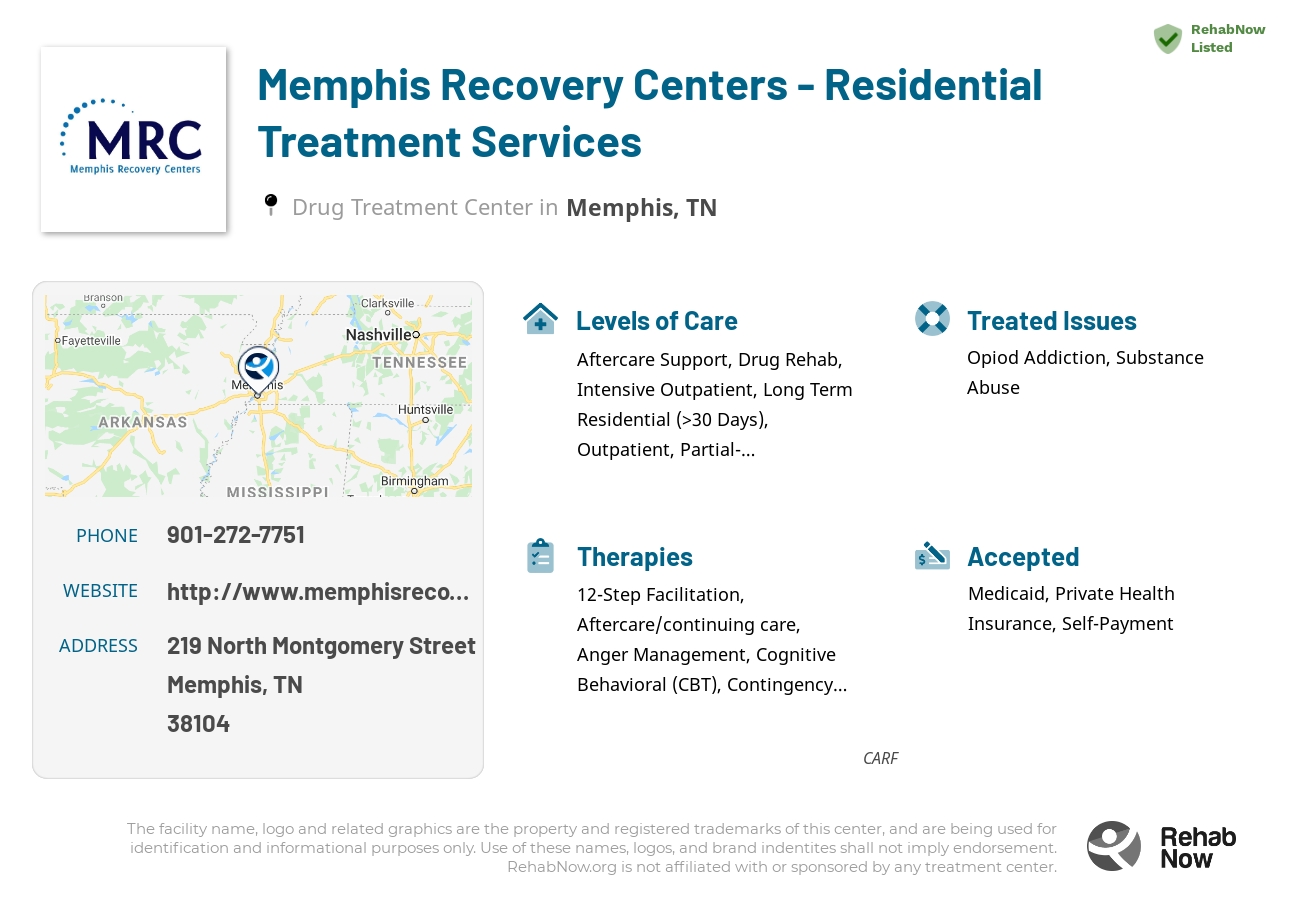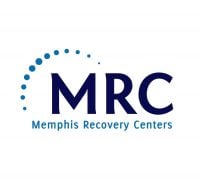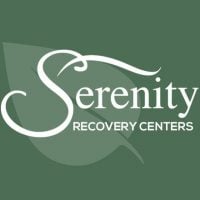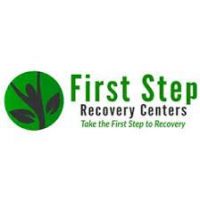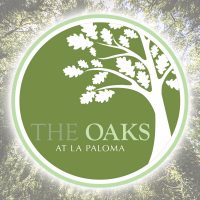Memphis Recovery Centers - Residential Treatment Services
Drug Rehab Center in Memphis, Tennessee
Memphis Recovery Centers - Residential Treatment Services in Memphis, Tennessee is an accredited addiction treatment facility that specializes in helping individuals suffering from opioid addiction, substance abuse, drug addiction, mental health issues, and alcoholism through a range of levels of care, including aftercare support, drug rehab, intensive outpatient, outpatient, partial-hospitalization, and residential treatment.
About This Memphis, TN Facility
Memphis Recovery Centers - Residential Treatment Services is an addiction treatment facility located in Memphis, Tennessee. They are accredited by CARF (Commission on Accreditation of Rehabilitation Facilities), ensuring their commitment to providing high-quality treatment services. This facility specializes in helping individuals suffering from opioid addiction, substance abuse, drug addiction, mental health issues, and alcoholism. They offer a range of levels of care, including aftercare support, drug rehab, intensive outpatient, outpatient, partial-hospitalization, and residential treatment. Memphis Recovery Centers - Residential Treatment Services accepts private health insurance and is affiliated with the larger Memphis Recovery Centers organization, providing comprehensive and specialized care for individuals seeking recovery from addiction.
Memphis Recovery Centers - Residential Treatment Services offers a variety of services to address addiction and substance abuse. Their residential treatment program provides a safe and supportive environment for individuals to receive intensive treatment and support for their recovery journey. They also offer outpatient and intensive outpatient programs, allowing individuals to receive treatment while maintaining their daily responsibilities. Additionally, they provide aftercare support to help individuals transition back into their communities after completing a treatment program. Memphis Recovery Centers - Residential Treatment Services takes a holistic approach to treatment, addressing both the physical and mental aspects of addiction, and offering individualized care plans to meet the unique needs of each client.
Genders
Ages
Modality
Additional
Accreditations

CARF
The Commission on Accreditation of Rehabilitation Facilities (CARF) is a non-profit organization that specifically accredits rehab organizations. Founded in 1966, CARF's, mission is to help service providers like rehab facilities maintain high standards of care.
Conditions and Issues Treated
Substance abuse refers to the intensive and inappropriate use of psychoactive substances. Psychoactive substances are those that affect brain function. These include illegal drugs, alcohol, and even the excessive use of prescription drugs. The overuse of psychoactive substances leads to severe physical or psychological dependence. It also affects the social life and relationships of the affected individual. Substance abuse is treatable.
The duration of treatment at Memphis Recovery Centers - Residential Treatment Services in Memphis can require weeks or even months depending on the severity of the condition as there is a risk of relapse. Treatment options include medications, counseling sessions, various types of behavioral therapy, and group therapy in different combinations.
Addiction to prescription opioid painkillers like oxycodone and hydrocodone, and illicit opioids such as heroin, leads to potentially life-threatening withdrawal symptoms when discontinued. Opioid addiction treatment typically involves an inpatient stay at facilities like Memphis Recovery Centers - Residential Treatment Services to make sure they get through withdrawal safely. Treatment also includes comprehensive mental health counseling.
Levels of Care Offered
This center offers a variety of custom treatment tailored to individual recovery. Currently available are Aftercare Support, Drug Rehab, Intensive Outpatient, Outpatient, Partial-Hospitalization, Residential, with additional therapies available as listed below.
Daily trips to the hospital that provides the treatment include intensive outpatient services (IOP). IOP in Tennessee is appropriate for patients in residential recovery facilities that have been diagnosed with addiction. Patients return to their everyday lives gradually, increasing the likeliness of success in treatment.
To assist with alcohol or opioid abuse, or a co-occurring condition, Memphis Recovery Centers - Residential Treatment Services offers an outpatient treatment program. For their rehabilitation and other services, the Tennessee patient will go to the treatment center, yet return home every night. After most of the program is completed, the level of mandatory participation reduces.
To protect those dealing with acute symptoms of addiction, a partial hospitalization program is ideal in the treatment process. This ensures that the person is cared for in a hospital-like environment in Memphis, TN during the battle against drug addiction effects. Most PHPs need therapy for about six hours, at least three days a week.
Residential treatment programs are those that offer housing and meals in addition to substance abuse treatment. Rehab facilities that offer residential treatment allow patients to focus solely on recovery, in an environment totally separate from their lives. Some rehab centers specialize in short-term residential treatment (a few days to a week or two), while others solely provide treatment on a long-term basis (several weeks to months). Some offer both, and tailor treatment to the patient’s individual requirements.
Treatment is just a first step in sustaining sobriety. After rehabilitation, counseling for aftercare helps the person adapt to a life without drugs. A sober living facility in Memphis, job therapy, or educational assistance may be included in this service, managed by Memphis Recovery Centers - Residential Treatment Services. This is when a preventive strategy for relapse starts to take shape.
Memphis Recovery Centers - Residential Treatment Services‘s Therapies & Programs
In addiction recovery at Memphis Recovery Centers - Residential Treatment Services, therapy plays a significant role. This helps patients get to the root of their addiction and discover how the problems that contributed to their use can be handled better. Therapy can be performed in a group and one on one settings. The patient interacts with the therapist in a one-on-one atmosphere during individual therapy. This encourages them to reflect on the underlying addiction problems and develop ways to avoid potential future abuse.
Addiction and alcoholism affect the entire family. For this reason, family therapy is vital to a person’s recovery from addiction. In contrast to couples counseling, family therapy at Memphis Recovery Centers - Residential Treatment Services may include siblings, children, parents, and other significant people in the recovering person’s life. Family support is one of the most important pillars of recovery.
Many people turn to drugs and alcohol as a way of processing trauma that has affected them in the past. Trauma can include abuse, neglect, the loss of a loved one and other unpleasant incidents. Trauma therapy at Memphis Recovery Centers - Residential Treatment Services helps patients process trauma. It gives them the tools to deal with it in a healthier manner.
Dialectical behavioral therapy (DBT) is a type of Cognitive Behavioral Therapy that focuses on eliminating specific negative thoughts such as suicidal thoughts that can potentially lead to an individual inflicting self-harm. It is useful in the treatment of patients exhibiting uncontrollable emotions, intense mood swings, and borderline personality disorders.
The term “Dialectic” means the integration of opposites. In the substance abuse context, DBT refers to accepting the patient’s addiction and working to change their thoughts and behavior. It improves life skills such as controlling the intense emotions without reacting impulsively, resolving the interpersonal conflicts effectively, and promoting awareness about self and others.
Cognitive Behavioral Therapy (CBT) examines the relationship between a patient’s thoughts, feelings and behaviors. Memphis Recovery Centers - Residential Treatment Services aims to establish a healthy response to thoughts and feelings as an alternative to turning to drugs and alcohol. It also promotes healthy communication between addicts and those around them. It is and effective therapy for people suffering with all types of addictions.
Rational Emotive Behavior Therapy (REBT) is a type of cognitive therapy. It is based on the principle that irrational thoughts are responsible for the emotional and behavioral changes in addiction. So, the therapy starts with identifying the underlying irrational thoughts. These thoughts are then challenged and opposed logically and then replaced with positive thoughts. It also helps to change unwanted behavior with techniques such as meditation.
By imparting positive thoughts and emotions, Rational Emotive Behavior Therapy (REBT) makes the individual self-reliant with a capacity to handle the emotional and behavioral issues in future by themselves without professional help. This self-dependence benefits the patients and prevent relapses.
The recovery technique used by Alcoholics Anonymous is the 12 step program, but it can relate to any form of addiction. The 12 steps that addicts must take on the road to recovery are explained. Measures include acknowledging that you have a problem and agreeing to turn around your life. The curriculum, instructed by Memphis Recovery Centers - Residential Treatment Services, also requires a belief in a greater power and making amends to others.
It’s no surprise that diet is a crucial player in one’s well-being. What an individual puts into his or her body becomes the fuel that drives the mental and physical faculties to perform accordingly. Therefore, nutrition therapy, also known as medical nutrition therapy (MNT), guarantees that an individual is providing his or her mind and body with proper nourishment.
The right diet can improve a person’s general outlook, sleep habits, and thought processing skills. MNT also lowers the occurrence of chronic diseases such as adult-onset diabetes. Dieticians at Memphis Recovery Centers - Residential Treatment Services in Memphis, Tennessee believe that nutrition therapy is the key to making significant lifestyle changes, especially when it comes to personal care.Nicotine Replacement Therapy (NRTC) used products like skin patches and gum to deliver nicotine into the bloodstream of people trying to quit smoking. This helps break the habits associated with smoking. The very low doses of nicotine managed by Memphis Recovery Centers - Residential Treatment Services prevent cravings while helping people make a gradual transition to complete smoking cessation.
Contingency Management (CM), also called motivational incentives, is a type of pure behavioral therapy. It’s based on the idea that behavior is shaped, motivated, or controlled by its outcomes. CM is a clinical application at Memphis Recovery Centers - Residential Treatment Services of operant conditioning, which helps clients eliminate unwanted behaviors by the use of positive and negative reinforcement.
Patient Experience
Creative Arts
For those combating addiction recovery in Memphis, TN, creative arts therapy, or expressive therapy, is advantageous. Reading, music, theater, art, and other types of self-expression may be included. Memphis Recovery Centers - Residential Treatment Services uses this to enhance the mental state of the patient and help them to focus on something other than addiction. It helps patients to explore how, through the creative process, their thoughts and emotions play out.
Experiential Therapy at Memphis Recovery Centers - Residential Treatment Services
Experential therapy is a unique type of therapy that deals with the subconscious mind. This treatment available at Memphis Recovery Centers - Residential Treatment Services in Memphis, TN encourages individuals to work out their issues with their inner self through synchronous experiences.
This non-traditional treatment method makes use of the physique and encourages people to take part in various physical and emotional activities, movements, and practices. Some of the most common examples of experiential therapy are equine therapy, music therapy, adventure therapy, and role playing. Through these various methods, an individual is believed to heal from trauma, negative emotions, and hurtful memories faster. Moreover, experiential therapy is known to have enduring results which can be beneficial to sufferers.
Fitness Therapy
Fitness therapy is a part of the holistic approach and comprehensive care provided in substance abuse treatment. Fitness therapy in substance abuse treatment includes activities like swimming or jogging that promote movement and improve the general level of fitness of the individual. It does not involve the vigorous exercise regimes used in fitness programs.
Fitness therapy targets attaining the benefits of exercise to the brain like improved attention, cognitive functions, and memory power. Besides, the endorphins released during exercise reduces the anxiety and stress levels and improves the calmness. Fitness therapy complements the various other therapies used in a residential program and outpatient therapies.
Payment Options Accepted
For specific insurance or payment methods please contact us.
Is your insurance accepted?
Ask an expert, call (888) 674-0062
Memphis Recovery Centers Associated Centers
Discover treatment facilities under the same provider.
Learn More About Memphis Recovery Centers Centers
Additional Details
Specifics, location, and helpful extra information.
Memphis, Tennessee 38104 Phone Number(901) 272-7751 Meta DetailsUpdated November 25, 2023
Staff Verified
What else do people call Memphis Recovery Centers – Residential Treatment Services?
People have occasionally also searched for “Memphis Recovery Centers Residential Treatment Services in Tennessee”
Patient Reviews
There are no reviews yet. Be the first one to write one.
Memphis, Tennessee Addiction Information
Tennessee joins the list of states with an above-average rate for drug and/or alcohol-induced deaths. Most of these deaths are related to opioids, such as prescription opioids. The Volunteer State ranks 2nd highest in the nation for the number of prescriptions given out. The state also ranks at the top for prescription drug-related overdoses.
In Memphis, Tennessee, there were 1,023 drug overdose deaths in 2016. Opioids were involved in 59% of those deaths. An estimated 24,000 people in Memphis, TN needed but did not receive treatment for illicit drug use. The most commonly abused drugs include cocaine, heroin, and methamphetamine. There are a variety of drug rehabilitation centers available in Memphis, Tennessee. Some offer inpatient treatment, which provides outpatient care.
Treatment in Nearby Cities
- Springfield, TN (199.5 mi.)
- Wartburg, TN (311.9 mi.)
- Kodak, TN (364.2 mi.)
- Greeneville, TN (410.0 mi.)
- Covington, TN (36.1 mi.)
Centers near Memphis Recovery Centers - Residential Treatment Services
The facility name, logo and brand are the property and registered trademarks of Memphis Recovery Centers - Residential Treatment Services, and are being used for identification and informational purposes only. Use of these names, logos and brands shall not imply endorsement. RehabNow.org is not affiliated with or sponsored by Memphis Recovery Centers - Residential Treatment Services.
